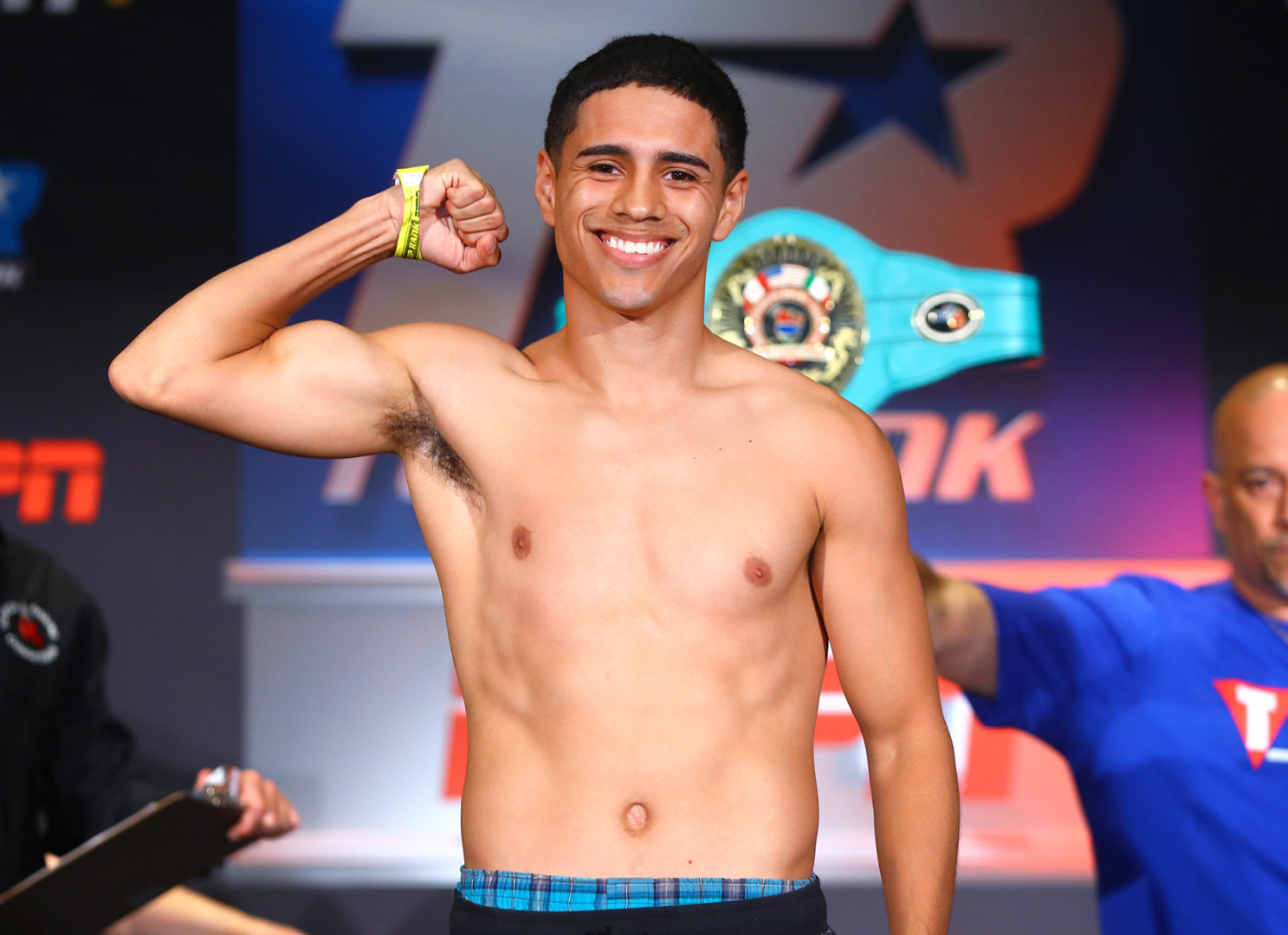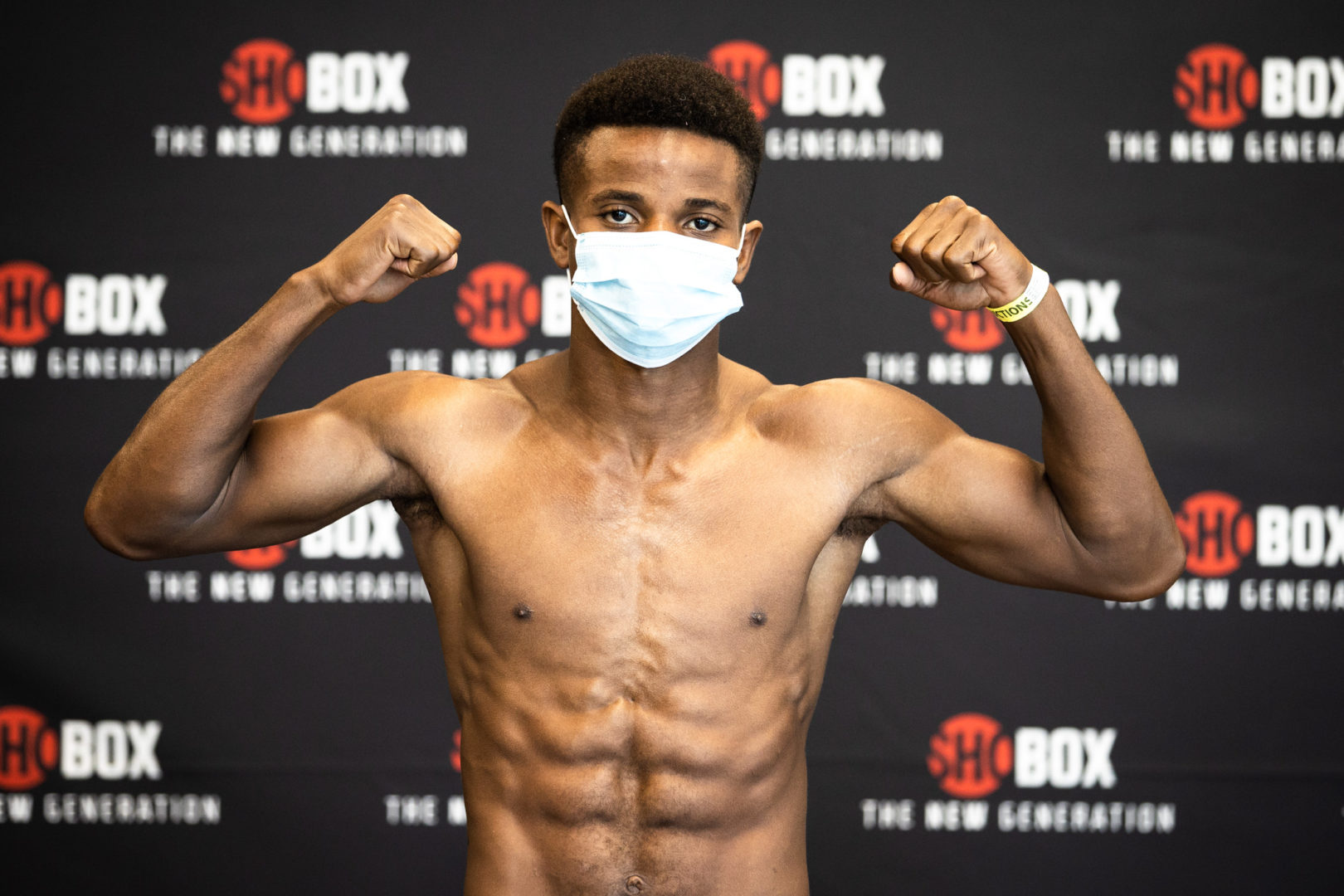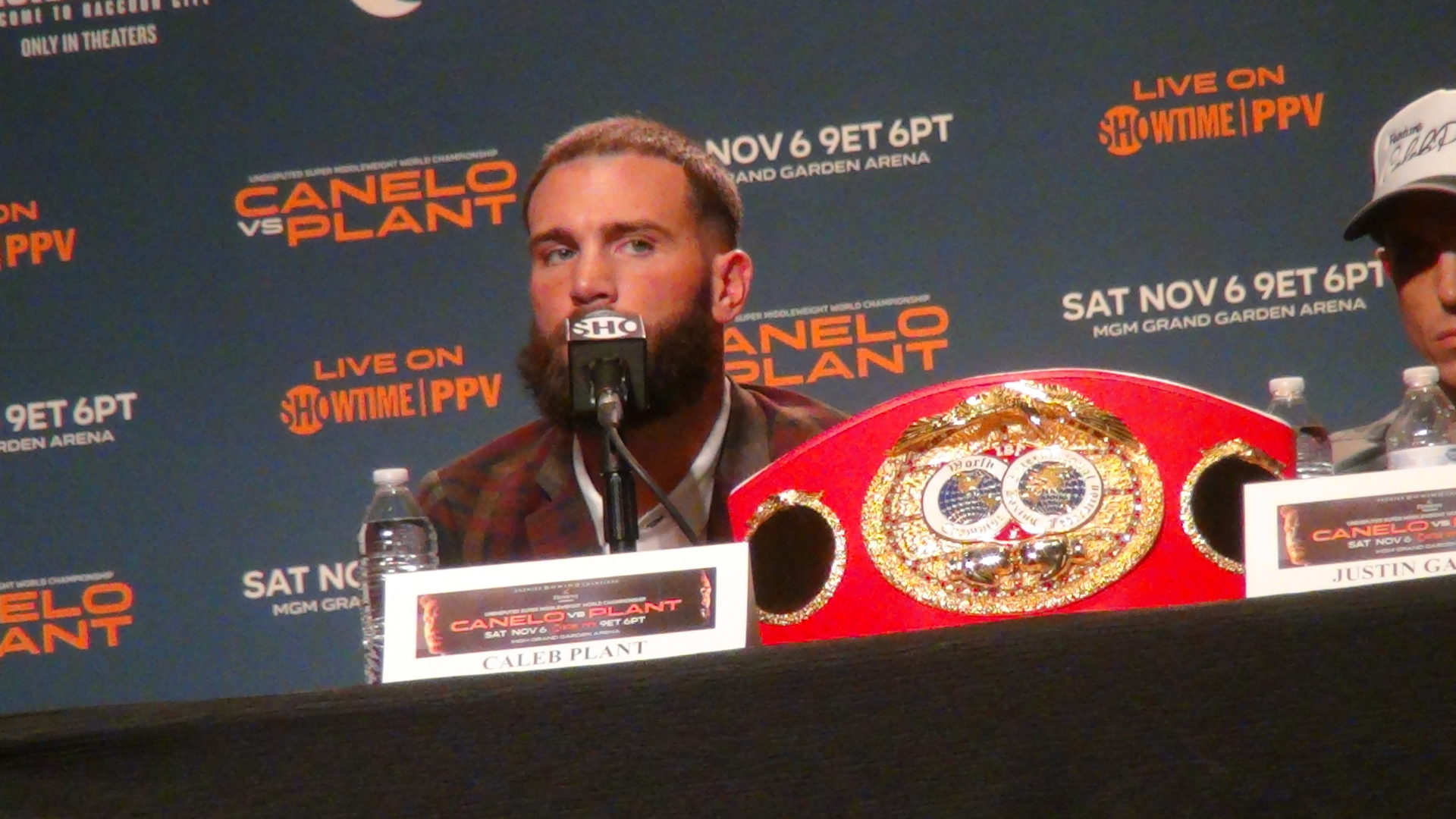
By Bart Barry-
SAN ANTONIO – Onto the kindling of this city’s massive unemployment and bursting foodbank lines and COVID-19 fear and socialdistancing alienation dropped last week the match of yet more racist police violence, making a conflagration inevitable. Except it wasn’t. It didn’t happen. Saturday evening 5,000 or so residents marched civilly to SAPD Headquarters in a legal reminder to those who police us they do so only with our permission.
Many hours later a tiny fraction of this city’s hopeless and misdirected smashed some windows and threatened a mall and shouted insults at a coterie of overarmed loons protecting the Alamo – hallowed grounds so sacred they’re shared by Ripley’s Haunted Adventure, Tomb Rider 3D and The Amazing Mirror Maze – and frightened lawenforcement officials responded as they do, with projectiles, though thankfully projectiles of impermanent effect.
This column will feign no expertise about any subject below this line. At age 46 I’m too young to be ideological as a boomer and too old to be ideological as a millennial. I’m part of the comparatively tiny and robustly pragmatic generation sandwiched betwixt the ideologues. Part of a generation that, at least last Friday, best autoidentified as Killer Mike’s – for who came close to giving a better speech?
I don’t want to be here, either, this week, writing about a subject I’ve avoided best as I can since the last L.A. riots happened a month before my highschool graduation. It felt genuine historic then and moreso that November when George H. W. Bush became the only incumbent American president to lose an election in the last 40 years. Then as now politicians promised reforms and pleaded for their donors’ financial interests by telling us that anything but peaceful and preferably silent acts of protest undermined whatever it was they thought we were trying to tell them.
The system prevailed; those who’d given voice to the rage that happened 28 years ago got repurposed – Ice Cube starred in Are We There Yet? and Dr. Dre covered his debut album with a cannabis leaf and Ice-T began his career as a television cop and one half of Public Enemy made Flavor of Love – and things got quieter and sillier but decidedly not better.
This all feels insincere sanitized, so let’s stop it.
I am not friends with any cops or politicians. Not one peer I admired in highschool or college went on to be a cop or a politician. Frankly the people who populate both ranks feel weird to me. Cops my age feel like lonewolf losers, socially awkward cowards who fantasized of being soldiers but lacked some essential quality, tangible or otherwise; politicians my age, of which there are comparatively and blessedly few, feel like failed salespeople who hadn’t the chops to play in the free market, and stoke grievances for votes instead.
Most days I look at millennials and envy their ideological bent, wondering what it must feel like to care so much about so many different things, but not last week, not this week. It’s simply too raw and painful to feel that much.
Last week I thought of the kids who in 2010 hit heavybags at San Fernando Gym, a mile up Santa Rosa from SAPD Headquarters, where they are now, as legal adults, and if life kept them safer here than in another city like Minneapolis, an 18-hour drive up I-35, a city my blissful ignorance used to equate with only icehockey players and Lake Superior, certainly not a racist police force and buildings aflame.
One reason I have hope our kids are safer here than other American cities is our police force’s demographics. We are a majority-Latinx city with a majority-Latinx police force. Whites occupy a disproportionate share of our sworn officers, yes, 42-percent the police force while 25-percent the citizenship, but they are still the minority of police here. And one thing that seems essential in all this is a populace policed by its own, not by an occupying army that commutes daily from a suburban fortress, dons anonymizing equipment, collects weapons of war and patrols our streets in attack vehicles.
Now is the place, I know, one is supposed to walk half this back in the name of balance, talking about all the good cops – but as mentioned above, I don’t know any. Among my friends over the years I’ve counted project managers and a porn star, a meth dealer and prizefighters, golf pros and guitarists, a Mexican machinist and a Puerto Rican barber, Catholic nuns and Linux DBAs, a coke addict and firefighters, prostitutes and Marines, a Lebanese restauranteur and an immigration lawyer, and as many corporate VPs as writers and painters – but no, not one cop.
None has yet been cool enough. I feel uneasy round them. They feel like a dangerous combination of barely competent and violence-prone, dull knives, the sort of men who do things badly and blame others – the worse they do the more they project their selfdisgust on bystanders. Too, I aspire to be an antiracist, though I’m no angel, and I doubt police work, as currently taught, can be compatible with antiracism.
As I sat about procrastinating and dreading this column I kept returning Saturday to a piece written by Joel Garreau in September 2005, a couple weeks after Hurricane Katrina destroyed parts of Louisiana. Ten days was time enough for politicians to come out of hiding and start their orgy of promisemaking. They would shower money and resources and strength and pride and, well, you know the spiel, until all was better than ever.
But Garreau knew it was nonsense and began his Washington Post piece thusly: “The city of New Orleans is not going to be rebuilt.” He went on to explain why: “Sentiment won’t guide the insurance industry. When it looks at the devastation here, it will evaluate the risk from toxicity that has leached into the soil, and has penetrated the frames of the buildings, before it decides to write new insurance – without which nothing can be rebuilt.”
Mixing this idea with Killer Mike’s, I wonder if robust, insurance-mandated citizen-review boards aren’t a way for cities to find their ways partially out of this morass; commercial realestate insurers have long looked at climate science before underwriting construction projects and after what just happened in Minneapolis they’ll have to consider police forces unaccountable to their communities dangerous as natural disasters. More predictable too. I lack Killer Mike’s decency and optimism, truthfully, but if there’s a freemarket solution to this problem – and probably there is not – it may be found, oddly enough, in insurance underwriting.
Bart Barry can be reached via Twitter @bartbarry























